Türkiye’s Blue Lakes Are Turning Brown
Over 75% of Türkiye’s lakes have vanished in 60 years, revealing a deepening water crisis driven by mismanagement.
Over the past six decades, Türkiye has lost the majority of its lakes – 186 out of 240 have completely dried up – while the remaining ones are increasingly threatened by severe drought and pollution. This environmental crisis mirrors a global trend, as more than half of the world’s large lakes and reservoirs have shrunk in the last 30 years. But what is driving the disappearance of Türkiye’s lakes? Dursun Yıldız, President of the Water Policies Association, and Burçin Yaraşlı, wetlands expert at Doğa Association, spoke to Scrolli about the causes.

Wetlands are among the most biologically productive ecosystems after rainforests, helping to maintain ecological balance and preserve biodiversity. These areas provide essential ecosystem services such as freshwater supply and flood control, mitigating the effects of climate change. However, they are increasingly under threat worldwide.
Türkiye has 122 wetlands, but only 14 are protected under the Ramsar Convention. Experts report that since the 1960s, half of Türkiye’s wetlands have lost their ecological integrity. Pollution, drought, and unregulated hunting pose significant threats, making effective river basin management and conservation policies essential for their survival.
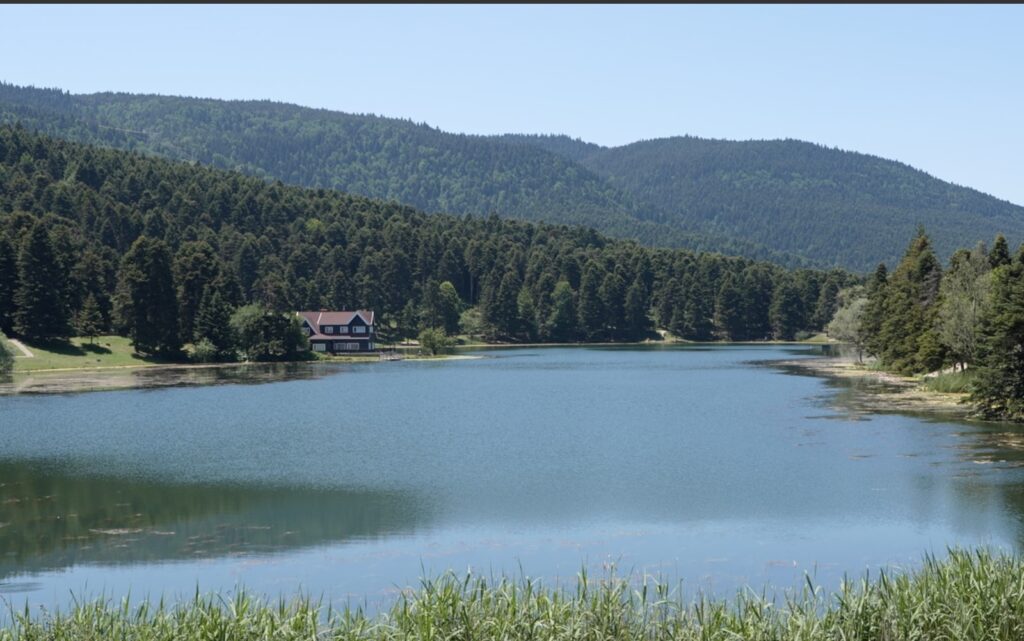
The global threat of desertification increases
According to a UN Report, more than 75% of the world’s land experienced drier conditions over the past 30 years, with arid regions expanding by 4.3 million square kilometres, nearly half the size of Australia. Drylands cover 41% of global land, driven largely by human-induced climate change.
The population in these regions has doubled since 1990, reaching 2.3 billion in 2020. If emissions remain high, up to 5 billion people may live in arid areas by 2100. Key affected regions include the western United States, the Mediterranean, the Sahel, and parts of Asia, Africa, and Australia.
Expanding drought worsens water scarcity, food insecurity, biodiversity loss, wildfires, and migration. Without urgent action, over 20% of global land may face abrupt ecosystem shifts, severely impacting vulnerable communities.
Mirroring a global trend, wetlands in Türkiye are facing a steady and alarming decline.
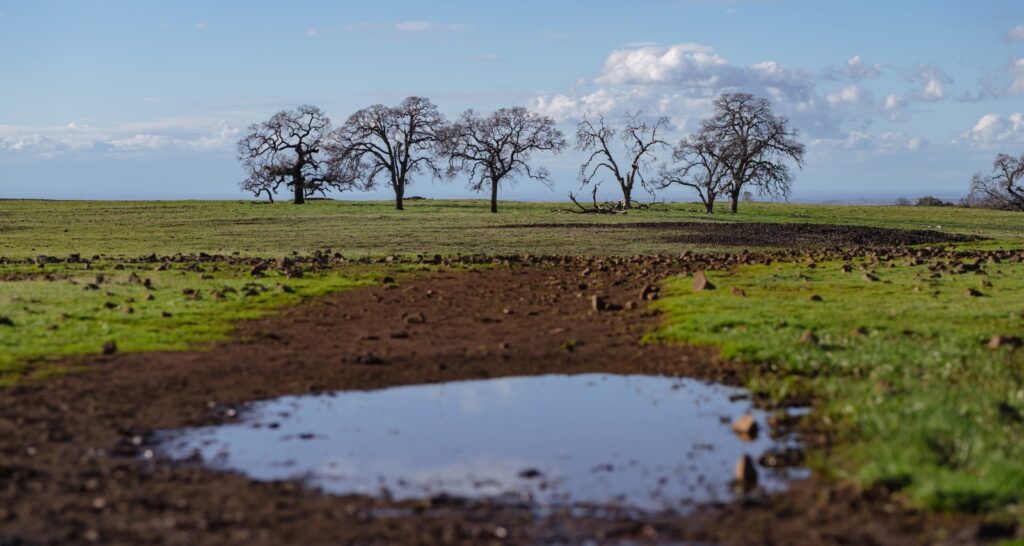
Türkiye’s Wetlands in Peril
Lake Burdur
Türkiye’s seventh largest lake, Burdur, has experienced a drastic decline in water levels, dropping 20.29 metres since its peak of 851 metres in 1970. Over the past 54 years, the lake’s volume has shrunk by 47%. The lake is rapidly losing water due to climate change, illegal drilling, and wild irrigation.
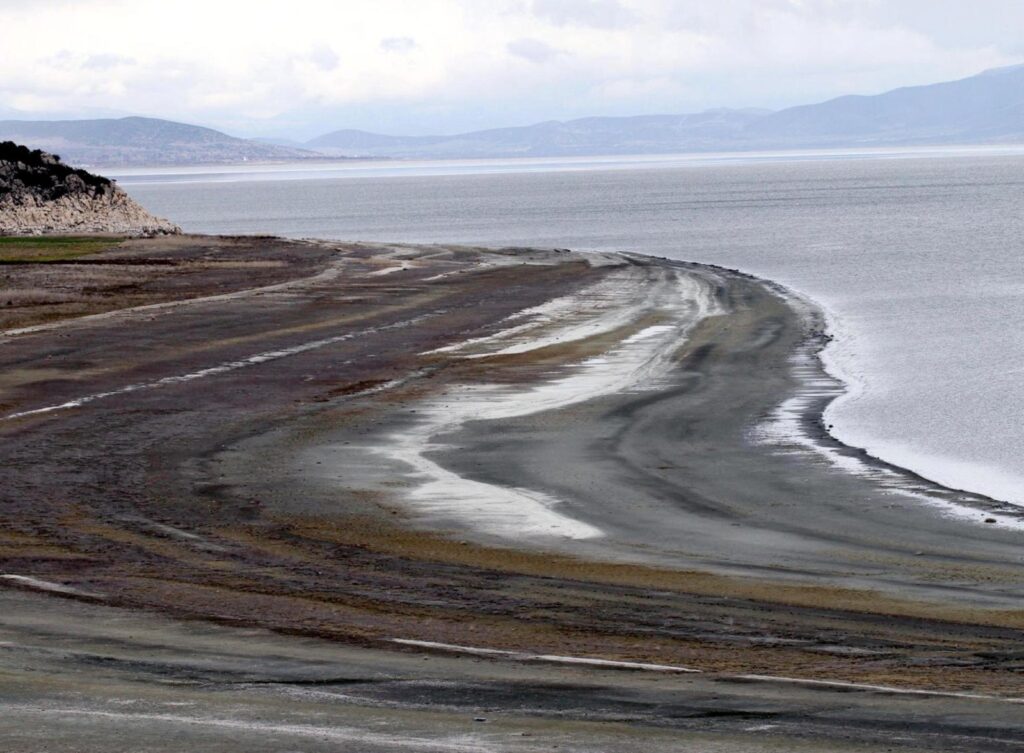
Acıgöl
Straddling the border between Afyonkarahisar and Denizli, Acıgöl is among Türkiye’s protected lakes, yet its water level has fallen by 50% over the last 40 years, putting it in danger of drying up completely. The lake is home to 192 species of birds, including flamingos.
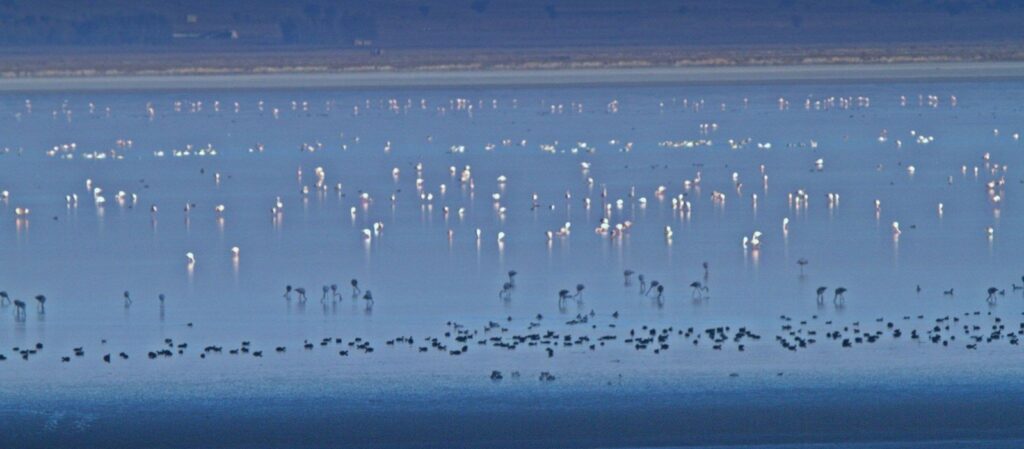
Yarışlı Lake
Due to excessive water usage by nearby quarries, mines, and water-intensive agriculture, Burdur’s Yarışlı Lake, an “Important Nature Area,” has dried up, forcing 141 bird species, including flamingos, to leave.

Eber Lake
Located between the Bolvadin, Çay, and Sultandağı districts of Afyonkarahisar, Eber Lake supports various bird and fish species. Once reaching depths of 24 metres, the lake’s water level dropped to one metre by 2021. A key stopover for migratory birds, Eber Lake now faces the risk of losing all its water each summer.

Düden Lake
Düden Lake, known as a “bird paradise,” lies five kilometres east of Konya’s Kulu district, near Salt Lake. However, both Düden and its neighbouring Lake Küçük have been reduced to barren basins, the result of excessive groundwater extraction and the accelerating impacts of global warming.
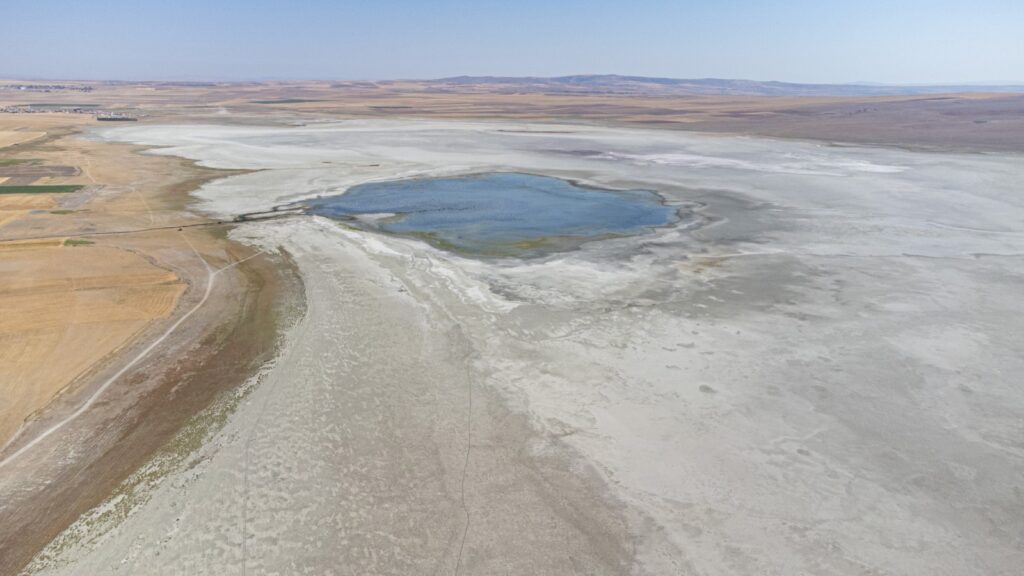
Salt Lake
Salt Lake, Türkiye’s second-largest lake and the source of 40% of the country’s salt, has significantly receded over the past four decades – a decline clearly visible in satellite imagery.
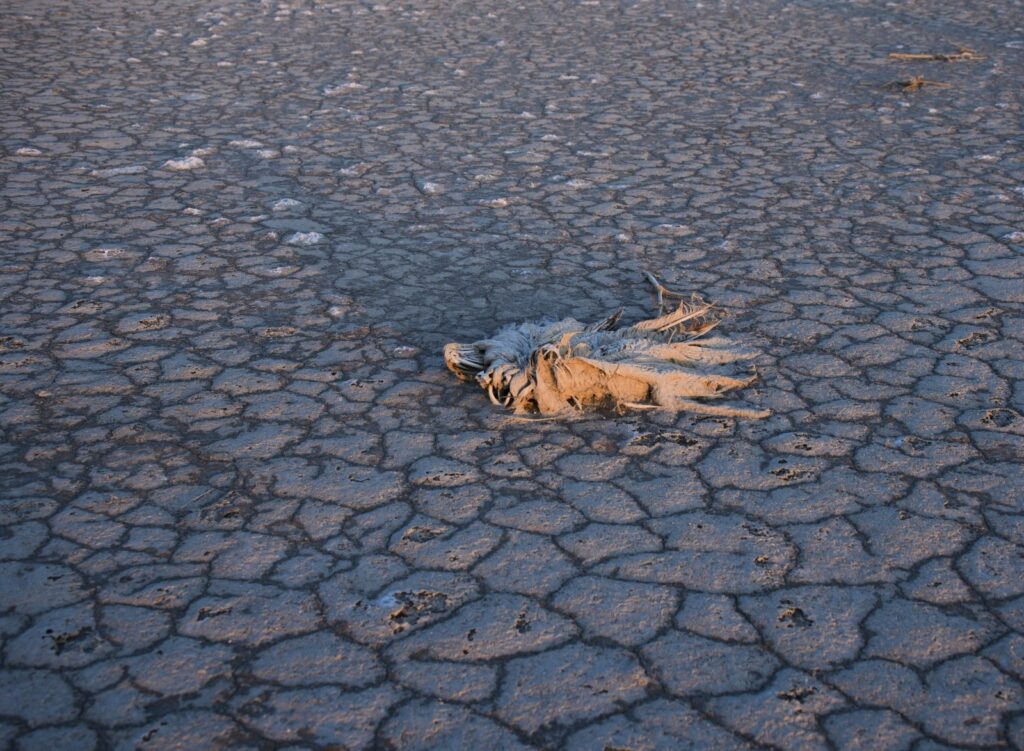
Karataş Lake
Karataş Lake, in Burdur’s Karamanlı district, is an essential habitat for waterfowl and a water source for agriculture. However, it has been hit hard by drought, losing all remaining water in the summer of 2021 before partially refilling.
Meke Lake
Meke Lake, a volcanic crater, has shared the same fate as Akşehir Lake. Once holding water levels of five to six metres, it has now been reduced to a barren basin, with no visible water remaining.

Fragmented water management system in Türkiye
Dursun Yıldız, President of the Water Policies Association, warns that the disappearance of Türkiye’s lakes and wetlands is driven less by climate change and more by systemic mismanagement. While reduced rainfall and rising temperatures play a role, he argues, “the real issue is our failure to adopt an integrated management model that includes our lakes and wetlands.”
Yıldız criticises Türkiye’s fragmented and poorly coordinated water management system, which he says is hampered by legal and institutional shortcomings. “Unplanned management, inefficient use of surface water, and excessive, uncontrolled groundwater extraction are severely damaging our wetlands.”
“Unplanned management, inefficient use of surface water, and excessive, uncontrolled groundwater extraction are severely damaging our wetlands.”
Pollution is another major factor. “The domestic, industrial, and agricultural waste that enters these ecosystems is destroying them,” he adds. “Weaknesses in water management play a decisive role in the drying up of our lakes and wetlands.”
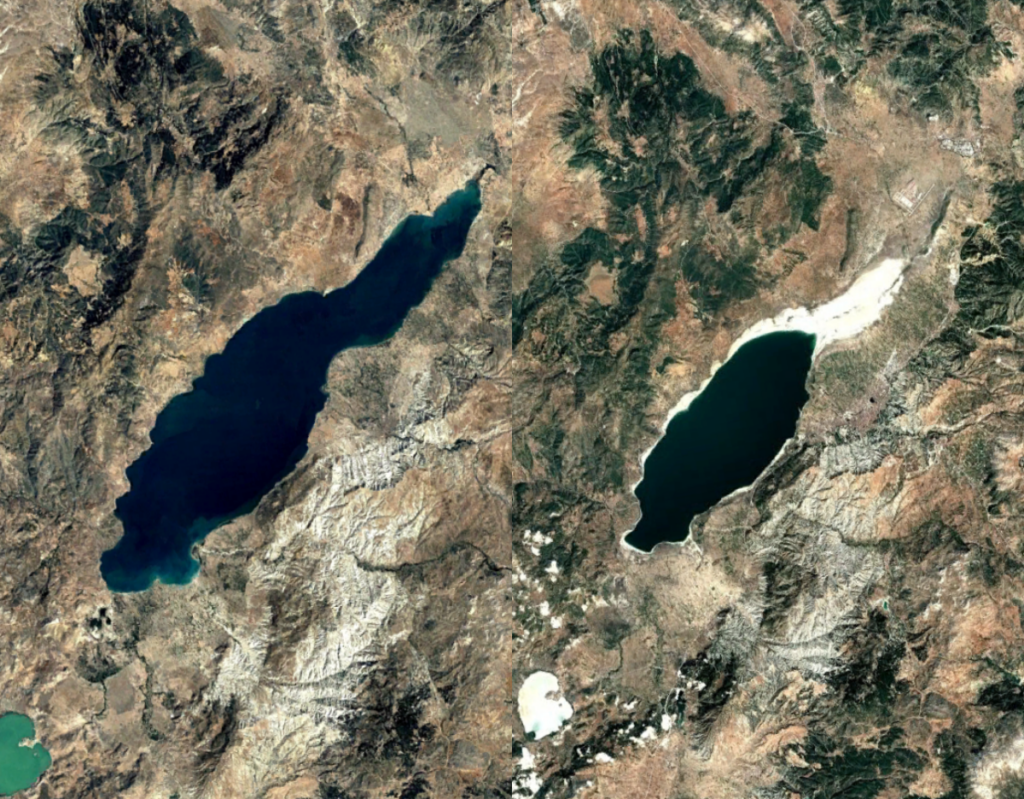
No sustainable wetland management
Türkiye has 122 registered wetlands, but not all have management plans. “So far, we have completed plans for only 76 wetlands, which means 46 are still left unaddressed,” Yıldız says. While he acknowledges this as a shortcoming, he stresses that the bigger issue is lack of integration. “Even if we prepare management plans for each wetland individually, they won’t be effective unless they are integrated into broader river basin management strategies. Without a comprehensive, basin-scale approach, we cannot achieve sustainable wetland management.”
Türkiye, a semi-arid country, naturally faces droughts, but mismanagement accelerates the crisis. Despite policies like the 2014 National Basin Management Strategy and the 2019 National Water Plan, wetlands continue to shrink. Yıldız argues that the real issue is fragmented governance and weak institutions, on top of climate change.
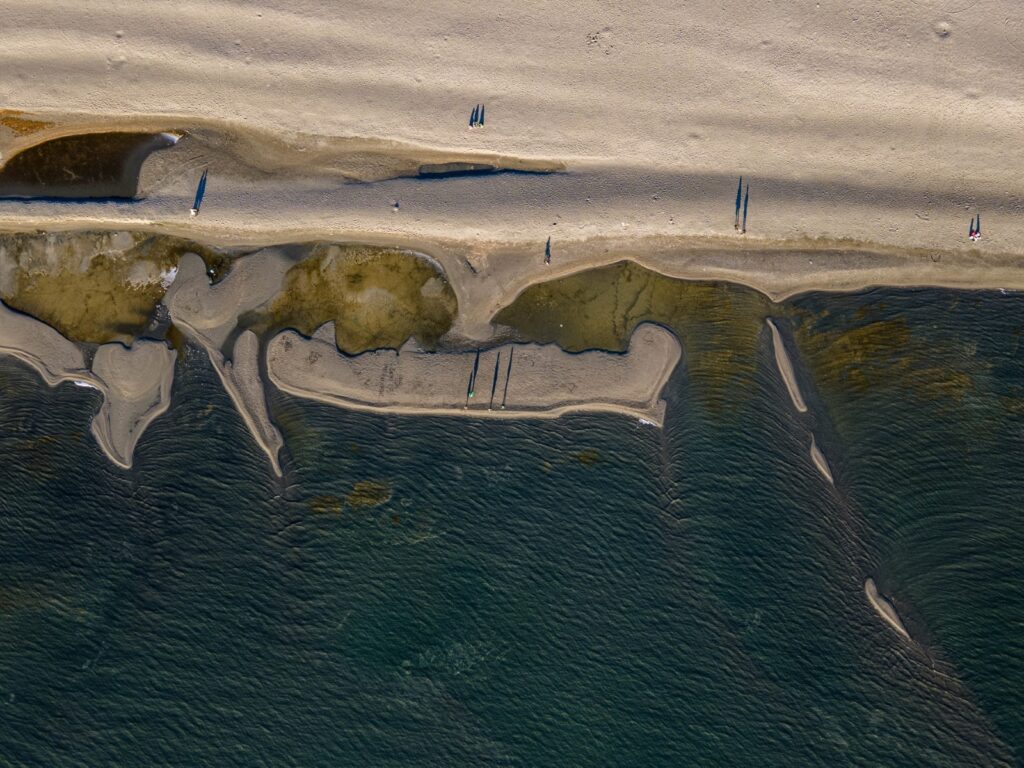
“Climate change is reducing rainfall and increasing evaporation, but poor water management is the bigger threat,” he warns. Lack of coordination, ineffective basin-scale management, and inadequate funding prevent real solutions. “Before increasing budgets, we must first strengthen the institutions responsible for using them efficiently.”
Lack of transparency and misinformation
Public awareness is crucial, but misinformation is a growing problem. Yıldız criticises the widely circulated claim that 186 of Türkiye’s 240 lakes have completely dried up. “Last September, major newspapers ran this headline, but we at the Water Policies Association chose not to comment. We didn’t want to speculate without official data.”
Instead, his organisation sent official inquiries to the State Hydraulic Works, the Water Management Directorate, and the General Directorate of Nature Conservation and National Parks. “None of these institutions responded,” he reveals. “This lack of transparency is a big part of the problem. If the public doesn’t have access to reliable information, they cannot understand what’s really happening.”
Excessive and illegal water use in agriculture
Burçin Yaraşlı, a wetlands expert at Doğa Derneği, warns that misguided water and agricultural policies, unchecked projects, and excessive water use are rapidly drying Türkiye’s wetlands. Over the past 60 years, dams, reservoirs, and hydroelectric plants have disrupted river flows, cutting off crucial water sources. “The Gördes Dam, for instance, completely dried up Marmara Lake,” she notes.
Agricultural overuse is another major factor. Yaraşlı explains that high-water-demand crops, like corn, sugar beet and rice are encouraged, leading to excessive water extraction from lakes and underground reserves. In regions like the Konya Closed Basin, the Lakes Region, and the Aegean, farmers resort to illegal wells to sustain their livelihoods, further depleting groundwater. “Burdur Lake is shrinking due to over-extraction for irrigation and livestock farming,” she notes.
Industry adds further strain. Organised industrial zones, thermal plants, and mining projects are lowering groundwater levels and destroying habitats. Coastal wetlands like the Gediz Delta face relentless urban and industrial pressure.
Restoration of wetlands is possible
Despite the scale of the crisis, public awareness remains low – a situation Yaraşlı attributes to the fact that wetlands are often overlooked in policy-making.
As some of the most productive and biodiverse ecosystems on the planet, wetlands provide critical habitat for thousands of species and play a vital role in regulating the water cycle. “They act as natural buffers against droughts and floods, helping recharge groundwater and filter water,” Yaraşlı explains. She highlights the importance of areas like the Gediz Delta, Manyas Bird Paradise, Burdur Lake, and the Konya Basin as key stopover and breeding grounds for migratory birds. Their degradation, she warns, results in serious biodiversity loss, especially among endangered species.
Wetlands provide critical habitat for thousands of species and play a vital role in regulating the water cycle.
But the value of wetlands extends beyond ecology – they are also essential to local economies. “Thousands of people in Türkiye depend on wetlands for farming and fishing,” Yaraşlı points out. The drying up of Marmara Lake, for example, has not only caused environmental damage but also devastated communities that relied on it for their livelihoods.
Yaraşlı also stresses that the loss of wetlands intensifies Türkiye’s broader water crisis. “As groundwater levels drop, securing drinking and irrigation water becomes increasingly difficult. Combined with climate change, this intensifies drought risks.”
Can Türkiye’s dried-up lakes be revived? Yaraşlı believes it is possible but requires a science-based, holistic approach: “First, water management policies must prioritise ecosystem health and minimise interference with natural water cycles,” she advises.
She calls for a reassessment of existing dams and reservoirs. “Infrastructure projects should be evaluated for their impact on wetlands, and where necessary, modifications or removals should be considered.”
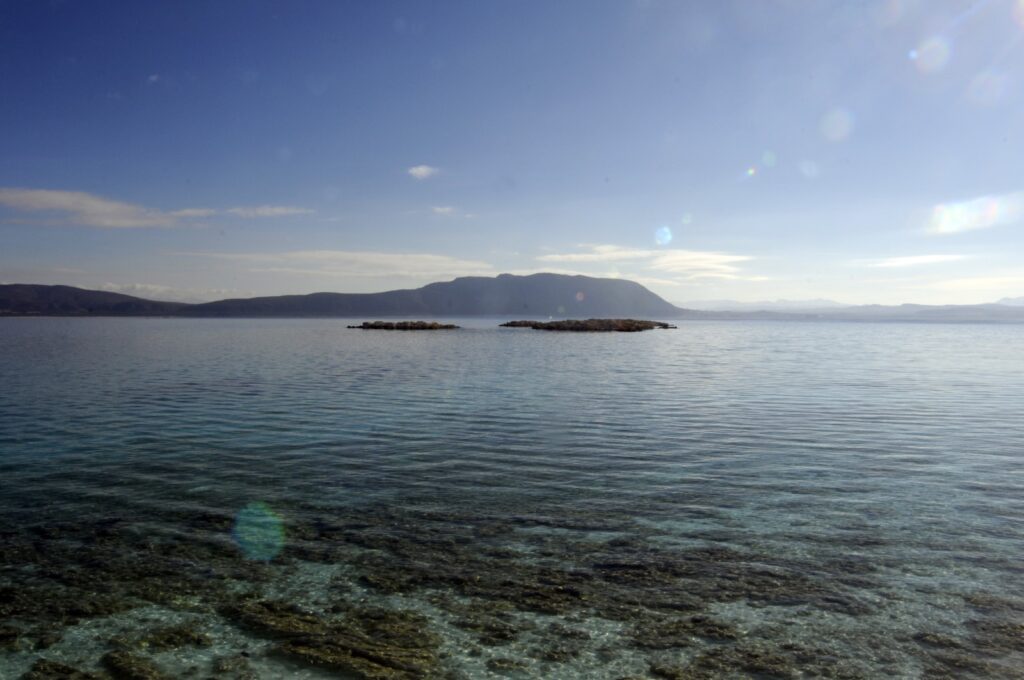
Agricultural practices must also change. Türkiye’s National Water Plan (2019–2023) shows that 74% of annual water consumption goes to irrigation. Yaraşlı argues that “high-water-demand crops should be phased out in favour of drought-resistant farming, and efficient irrigation techniques like drip irrigation should be promoted.” She also urges stricter control of illegal wells and groundwater extraction.
Türkiye’s National Water Plan (2019–2023) shows that 74% of annual water consumption goes to irrigation
Industrial and urban pressure on wetlands must also be curbed. Yaraşlı insists that “nature protection laws should be strengthened and strictly enforced to prevent wetland destruction.” In addition, policies should focus on improving water efficiency and enhancing the resilience of natural ecosystems against climate change.
While restoring dried-up lakes is challenging, it is not impossible. “Successful restoration depends on scientific data, multi-stakeholder collaboration, and long-term strategies to restore natural water flows,” Yaraşlı concludes.
The article was first published on Scrolli on 11 April 2025.